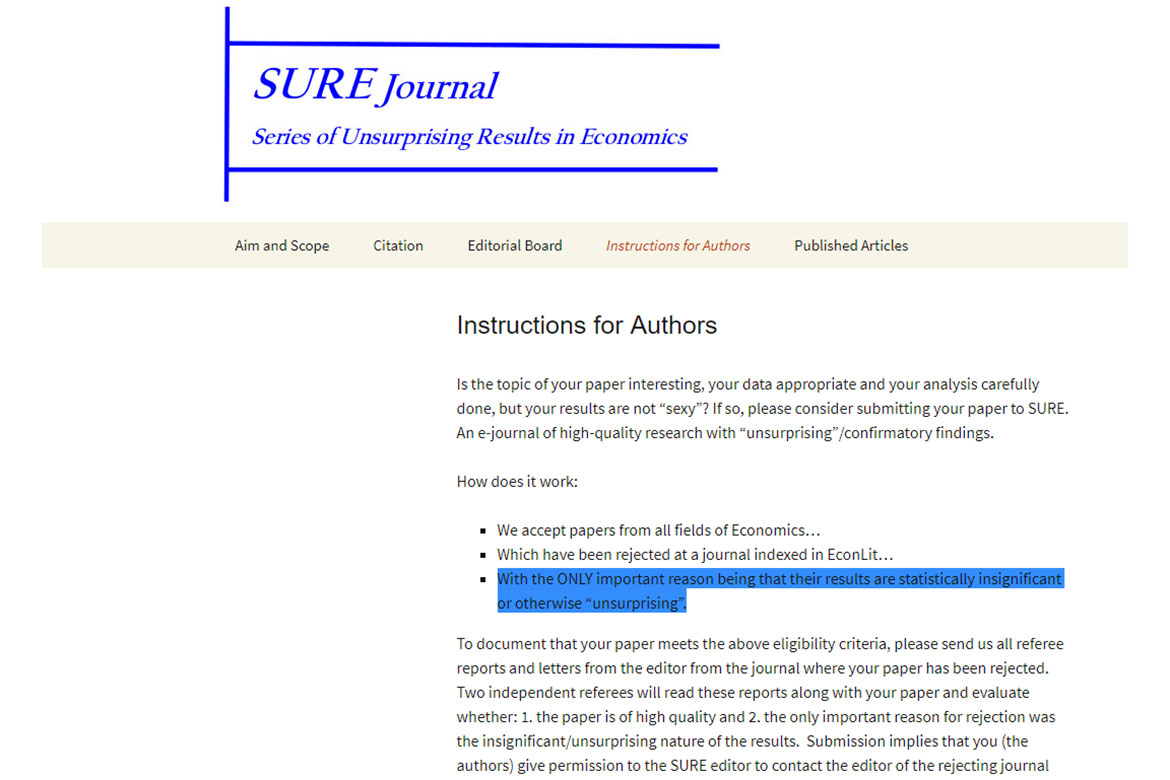Young opinions
Blogs are trampolines for communicating research
From a blog article to an interview with BBC Radio: Marco Cavallaro tells us about his experience with broadcasting and his doctoral research into Brexit.

Marco Cavallaro recently concluded his thesis on research-financing programmes at the Università della Svizzera italiana (USI) in Lugano. He is a member of the Swiss Young Academy. | Illustration: Stefan Vecsey
Following the 2016 Brexit vote and the uncertainty that flooded British universities, I was able to publish a joint article on the impact of the vote on their participation in European research programmes. As I was convinced it would meet with public interest, I began looking for ways to communicate my results and reached out to a dozen or so individuals.
I only received responses from two blog managers. One was attached to the Higher Education Policy Institute, a British think tank of some sway in areas of higher education policy. I wrote a blog article on its platform, which in turn drew the attention of a journalist working for BBC Radio 4, and I was invited to record an interview on the very same day. It was undoubtedly a dream opportunity to broadcast my research and, at the same time, a major challenge given the strength of my tendency towards introversion.
I managed this, not thanks to my level of rhetorical skill or charming stutter, but through the magic of editing. I was also contacted by the head of Universities UK, an advocacy organisation representing prestigious British universities which wanted to discuss the consequences of our results, and two scientists wanting to explore the possibilities to collaborate.
I’ve drawn three conclusions from this welcome experience. First, a blog can open a door to the public domain. There are so many platforms constantly searching for content. Why not take advantage? Secondly, to break out of the ivory tower, you must above all be proactive. It’s very rare for someone else to make the first move. During the first exchange, you must consider the awareness and interests of your public. Finally, my broadcast experience showed me to what point we need to be trained in media communication. I invite scientists, whatever their age, to consider all of the different kinds of course available, e.g., from the SNSF, the think tank ‘reatch’, or within universities. Public debates will only benefit from it!




